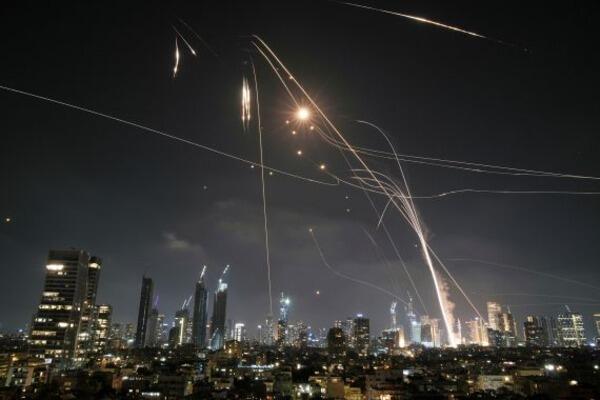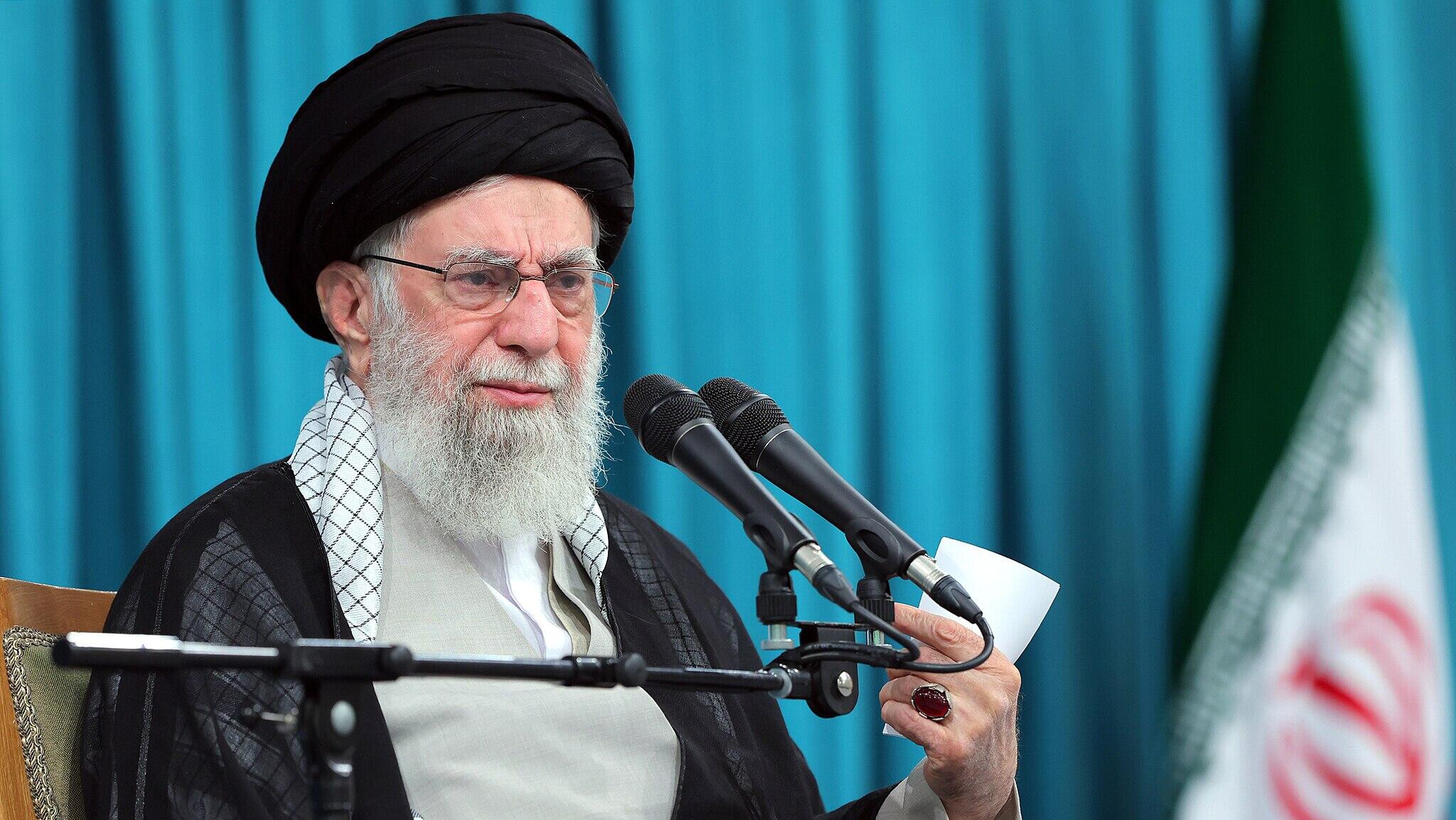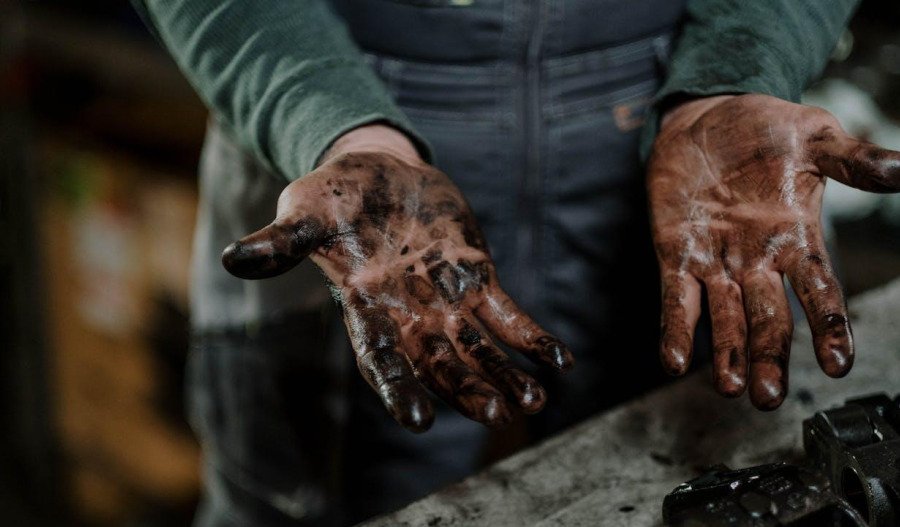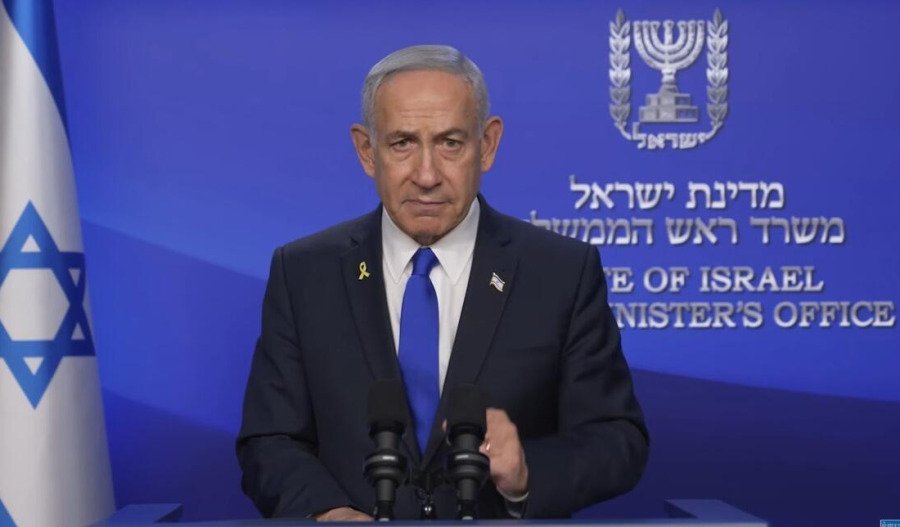The Middle East has boiled over.
Israel and Iran are locked in a brutal missile strike exchange, with casualties mounting on both sides. Iran reported 224 dead, while Israel confirmed 13 fatalities.
Among the dead: Iran’s chief of armed forces intelligence.
The conflict has escalated beyond military targets — civilians in Syria have been caught in the crossfire. The world watches as the crisis deepens. And the stakes are higher than ever.
Reports have revealed that United States President Donald Trump blocked an Israeli plan to assassinate Iran’s Supreme Leader, Ayatollah Ali Khamenei. Israeli Prime Minister Benjamin Netanyahu dodged questions about the plan in a Fox News interview.
Meanwhile, Iran refuses to negotiate a ceasefire while attacked.

The war drums beat louder
What triggered this chaos?
Israel launched its strikes to cripple Iran’s nuclear program, calling it an “existential threat".
The timing is no coincidence. The United Nations nuclear watchdog recently accused Iran of violating the global non-proliferation treaty.
Israel saw an opportunity and took it.
For investors, the fallout is immediate
Oil prices are surging as fears grow that Iran could block the Strait of Hormuz — a vital artery for global energy supply.
Markets are rattled. Inflation concerns are rising. Australia's economy, deeply tied to global trade, faces turbulence. High oil costs could drive up inflation, squeezing businesses and consumers alike.
The world is bracing for impact
Diplomats scramble for solutions, but missiles keep flying. If Iran retaliates further, the crisis could spiral into a regional war.
Investors must prepare for volatility. The next move — by Israel, Iran, or the global markets — could change everything.
Related content



